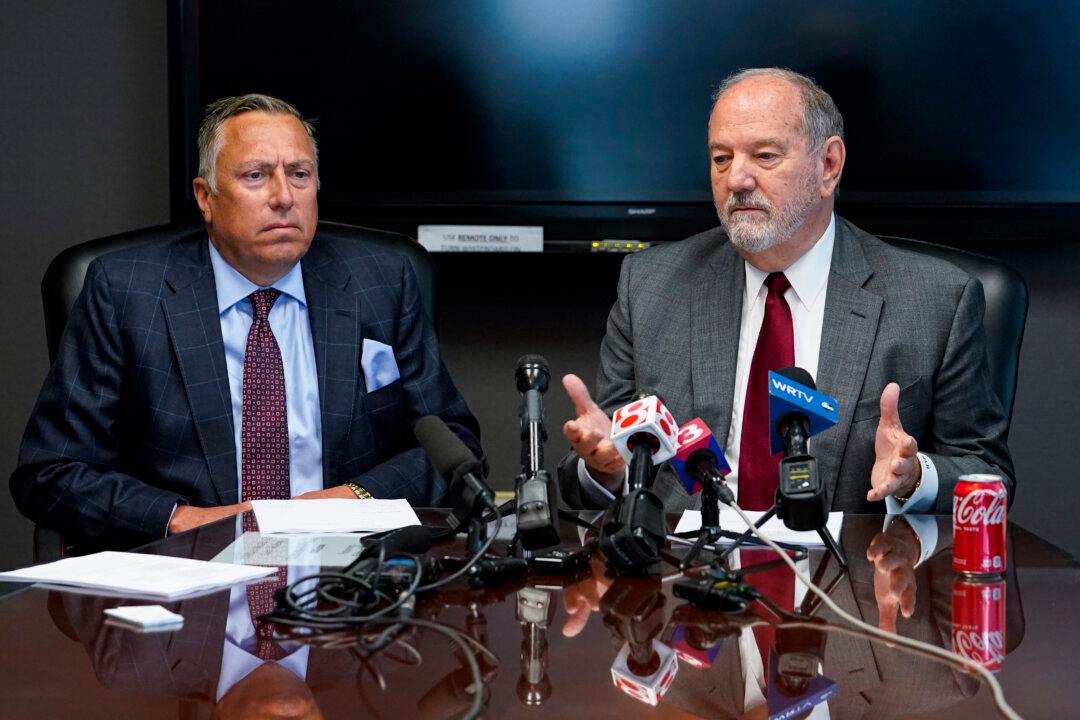INDIANAPOLIS—Relatives of five of the eight people who were shot and killed last year at an Indianapolis FedEx warehouse by a former employee sued the shipping giant and a security company on Monday, accusing them of negligence and failing to ensure that the workplace was safe.
The federal lawsuit, which names as defendants the FedEx Corporation, three of its operating units and Securitas Security Services USA, alleges that gunman Brandon Scott Hole, 19, had “exhibited emotional and mental instability on multiple instances” before the April 15, 2021, shooting.





